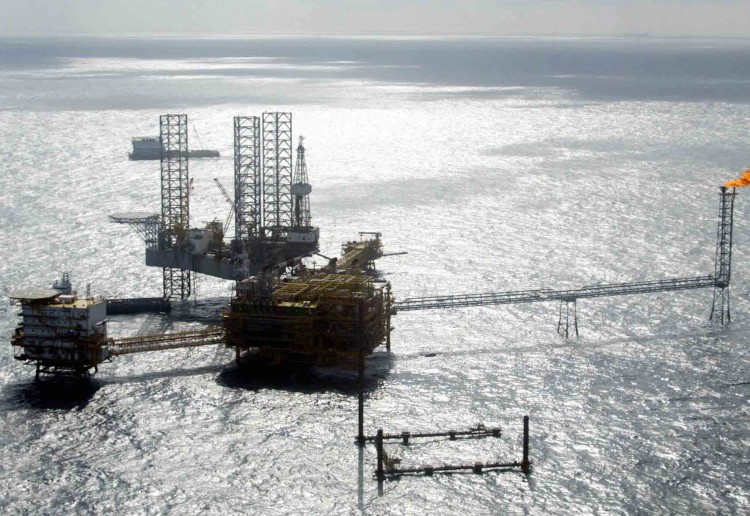Nigerian President Muhammadu Buhari denied that the oil savings account will be depleted to pay government debts, including civil servants’ salaries.
The government will use a $2.1 billion dividend paid into the Treasury by Nigeria LNG Ltd., Africa’s biggest producer of liquefied natural gas, to pay wages, Buhari’s spokesman, Femi Adesina, said Tuesday in an e-mailed statement from the capital, Abuja. Nigeria’s 36 states and local arms of the government will also be able to draw “soft loans” from the central bank and have some debt restructured, he said.
The comments seek to clarify statements made by Nigeria’s Accountant General Ahmed Idris on Monday that the Excess Crude Account, which holds the nation’s oil savings and has a balance of about $2 billion, will be drawn down by $1.7 billion. The funds will be shared by the federal, state and local governments to meet their financial obligations, Idris said.
Mohammed Nakorji, a spokesman for the Attorney General’s office, wasn’t immediately available to comment when contacted by Bloomberg News.
‘Left Untouched’
Buhari, the 72-year-old leader who took office in May, is faced with depleted savings and an almost 50 percent plunge in oil prices in the past year. The ECA had a balance of $21 billion in 2008, according to estimates from the International Monetary Fund. Buhari said last month his government is facing severe financial strain with a Treasury that’s “virtually empty.”
“Last week’s meeting of the national economic council clearly concluded that the Excess Crude Account should be left untouched at this time,” Adesina said.
The Debt Management Office plans to restructure more than 660 billion naira ($3.3 billion) in commercial loans taken by the state governments by extending their tenure and cutting servicing costs, according to the statement.
Nigeria is Africa’s biggest oil producer and crude makes up about 70 percent of government revenue.
The slide in oil prices forced the government of Buhari’s predecessor, Goodluck Jonathan, to cut back spending and devalue the naira as foreign-currency reserves fell. Buhari has delayed naming a cabinet until September, leaving Africa’s most populous nation without a finance minister to steer the economy.
The naira weakened less than 0.1 percent against the dollar to 199.02 on the interbank market as of 4 p.m. on Tuesday in Lagos, the commercial capital, taking its decline to 7.8 percent this year.
The West African nation also has the continent’s biggest gas reserves estimated at 184 trillion cubic feet. Nigeria LNG, which has a plant for cooling natural gas into liquids for export on the country’s Atlantic coast, is 49 percent owned by the Nigerian National Petroleum Corp., 26 percent by Royal Dutch Shell Plc, 15 percent by Total SA and 10 percent by Eni SpA.
Source: Bloomberg












